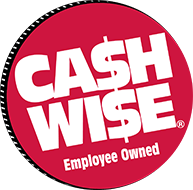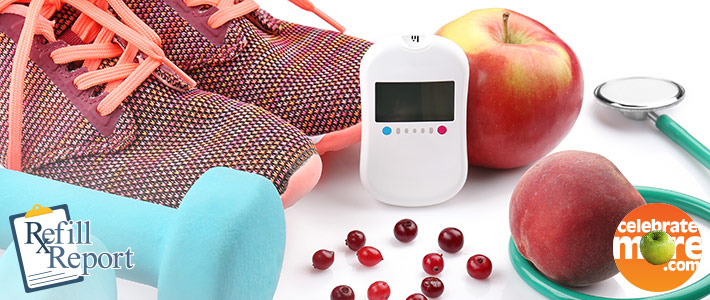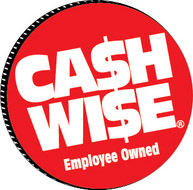Asthma Awareness
Did you know that May is Asthma Awareness Month? Asthma is a chronic disease that affects the airways in your lungs (your airways carry air in and out of your lungs). For those that have asthma, the inside lining of their airways become sore, swollen and sensitive. When sensitive, they then react strongly to things that they are allergic to or find irritating. This reaction causes the airways to get even narrower and the lungs get less air… and lungs not getting air is obviously a bad thing!
Symptoms of asthma include
- Wheezing
- Coughing, especially early in the morning or at night
- Chest tightness
- Shortness of breath
Not all people who have asthma have these exact symptoms, and having these symptoms doesn’t necessarily mean that you have asthma. Doctors will diagnose asthma based on tests that gauge the strength of the lungs, a thorough medical history, and a physical exam. For those that have asthma, when their asthma symptoms become worse than usual, it’s called an asthma attack. Severe asthma attacks may require emergency care and they can even be fatal. Asthma is typically treated with two different kinds of medications: quick-relief medications to stop asthma symptoms and long-term control medicines to help prevent asthma symptoms.
We have been busy this month spreading the word about asthma and helping our patients better manage their asthma. Here are some of the things we have been doing in our stores and pharmacies;
- Asthma Control Tests – A quick assessment of how well someone’s asthma is being managed
- Asthma Action Plan Reviews – Making sure patients know what to do when not feeling well
- Immunization Screenings – Patients with asthma should have flu and pneumonia vaccines
- Wellness Wednesday Events – Hosted by our Pharmacists and Dietitians in select locations
- Peak Flow Meters for sale – A tool to help assess asthma control
As always, stop by any of our pharmacies if you have questions about any of your inhalers or medications. Also, check out the Minnesota Department of Health’s asthma webpage. They have a ton of great resources and educational materials that are FREE!
Jason
Pharmacy Clinical Program Manager











